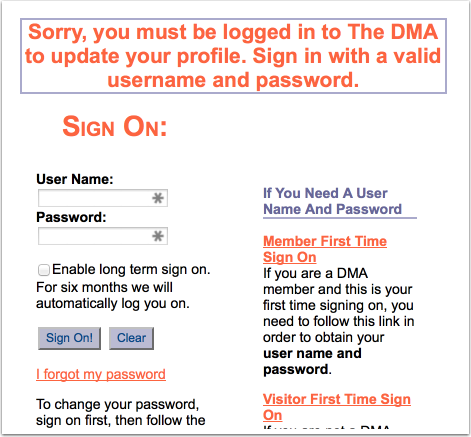CASL enforcement
As most people know, the Canadian Anti-Spam Law (CASL) went into effect July 1 of this year. This month, the CRTC concluded its first investigation.
A computer reseller based in Saskatchewan was placed under investigation by the CRTC after large numbers of complaints were made through the Spam Reporting Centre. The CRTC revealed that a server owned by the computer reseller sent millions of e-mail spam messages through Saskatchewan-based internet service provider, Access Communications. […] Exercising its discretion, the CRTC chose not to fine the business. CRCT Concludes First Enforcement
One of the biggest complaints about CASL was that innocent senders who just happened to inadvertently violate CASL would be hit with business ending fines. But the agencies tasked with enforcement have discretion. There are no minimum fines that they have to impose, they have discretion. Their first enforcement action demonstrates this. It would be easy for the CRTC to impose business ending fines on their initial case, as a warning to other senders. They didn’t do that.
CRTC has demonstrated they’re willing to work with businesses that violate CASL. That gives all senders a little bit of breathing room for the next 2.5 years. Come July 1, 2017, individual users can exercise their private rights of action against senders. The PRoA is really an unknown variable. How many Canadians are annoyed enough by unsolicited emails that they’re willing to take senders to court? I don’t really know.
